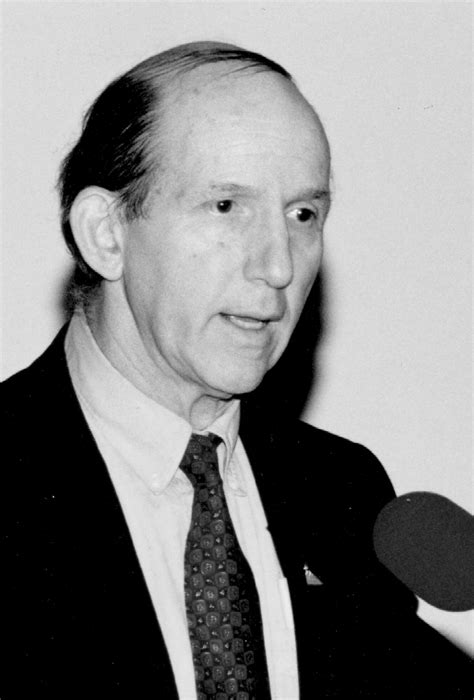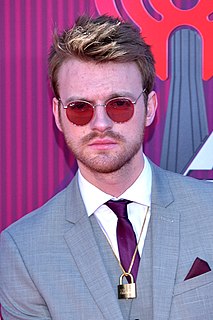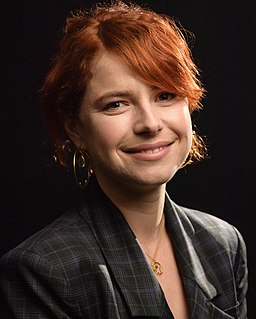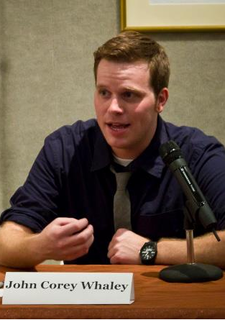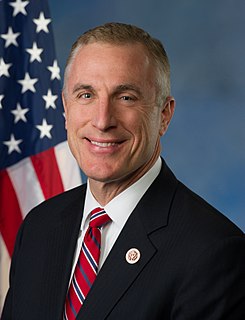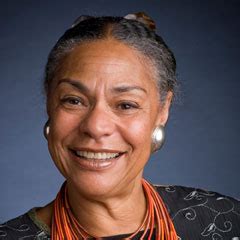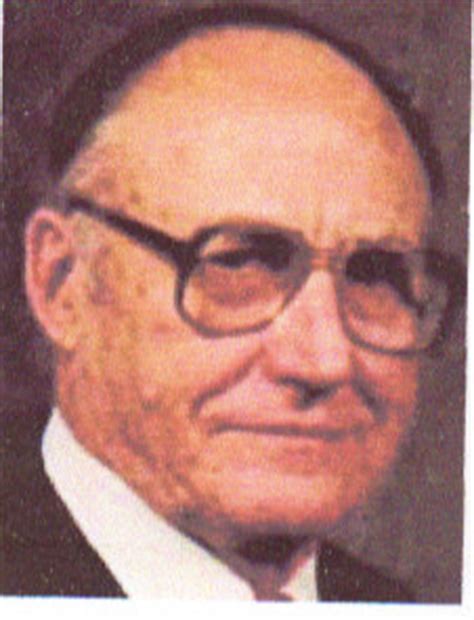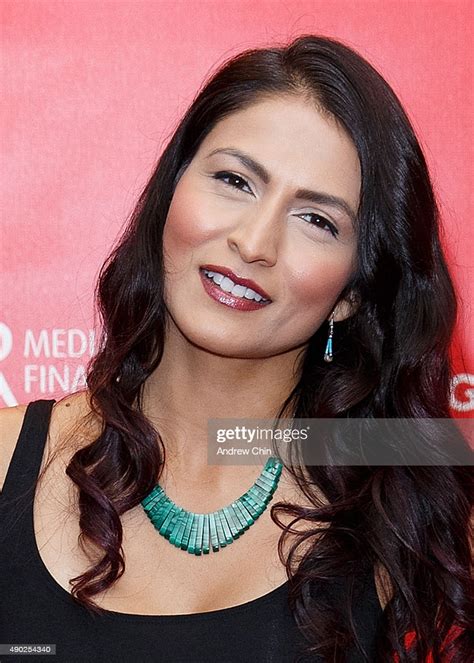A Quote by Stanley Greenspan
A new world of complex relationships and feelings opens up when the peer group takes its place alongside the family as the emotional focus of the child's life. Early peer relationships contribute significantly to the child's ability to participate in a group (and in that sense, society), deal with competition and disappointment, enjoy the intimacy of friendships, and intuitively understand social relationships as they play out at school, in the neighborhood, and later in the workplace and adult family.
Quote Topics
Ability
Adult
Alongside
Child
Competition
Complex
Complex Relationships
Contribute
Deal
Disappointment
Early
Emotional
Enjoy
Family
Feelings
Focus
Friendships
Group
Intimacy
Later
Life
Neighborhood
New
New World
Opens
Out
Participate
Peer
Peer Group
Place
Play
Relationships
School
Sense
Social
Social Relations
Social Relationships
Society
Takes
Understand
Up
Workplace
World
Related Quotes
If the Russians have gone too far in subjecting the child and his peer group to conformity to a single set of values imposed by the adult society, perhaps we have reached the point of diminishing returns in allowing excessive autonomy and in failing to utilize the constructive potential of the peer group in developing social responsibility and consideration for others.
There are certain functions that the family performs. In the first place the family provides society with an orderly means of reproduction, while at the same time the norms of marriage control the potentially disruptive forces of sexuality. Second, the family provides physical and economic support for the child during the early years of dependence. The child receives its primary socialization in the family, learning the essential ideas and values required for adult life.
Belonging to a group can provide the child with a variety of resources that an individual friendship often cannot--a sense of collective participation, experience with organizational roles, and group support in the enterprise of growing up. Groups also pose for the child some of the most acute problems of social life--of inclusion and exclusion, conformity and independence.
People are drawn to watching things that are dramatic. And the tighter a relationship is, the more dramatic it can be. That's something family lends itself to. Everybody has family, somewhere, somehow. Those relationships are always very complex. This takes it to almost Greek-tragedy-level heights. That's fun to watch, although it's very uncomfortable. It explores the darkest sense of family.
Informal relationships are not mere minor interstitial supplements to the major institutions of society. These informal relationships not only include important decision-making processes, such as the family, but also produce much of the background social capital without which the other major institutions of society could not function nearly as effectively as they do.
I think the most important thing is being in healthy relationships. That might be a weird answer, but I think emotional health is a big contributor to physical health. I think [having] good romantic relationships, but even friendships and family, around you and having strong, supportive people around you helps you have an overall healthy lifestyle.
Productive collaborations between family and school, therefore, will demand that parents and teachers recognize the critical importance of each other's participation in the life of the child. This mutuality of knowledge, understanding, and empathy comes not only with a recognition of the child as the central purpose for the collaboration but also with a recognition of the need to maintain roles and relationships with children that are comprehensive, dynamic, and differentiated.
